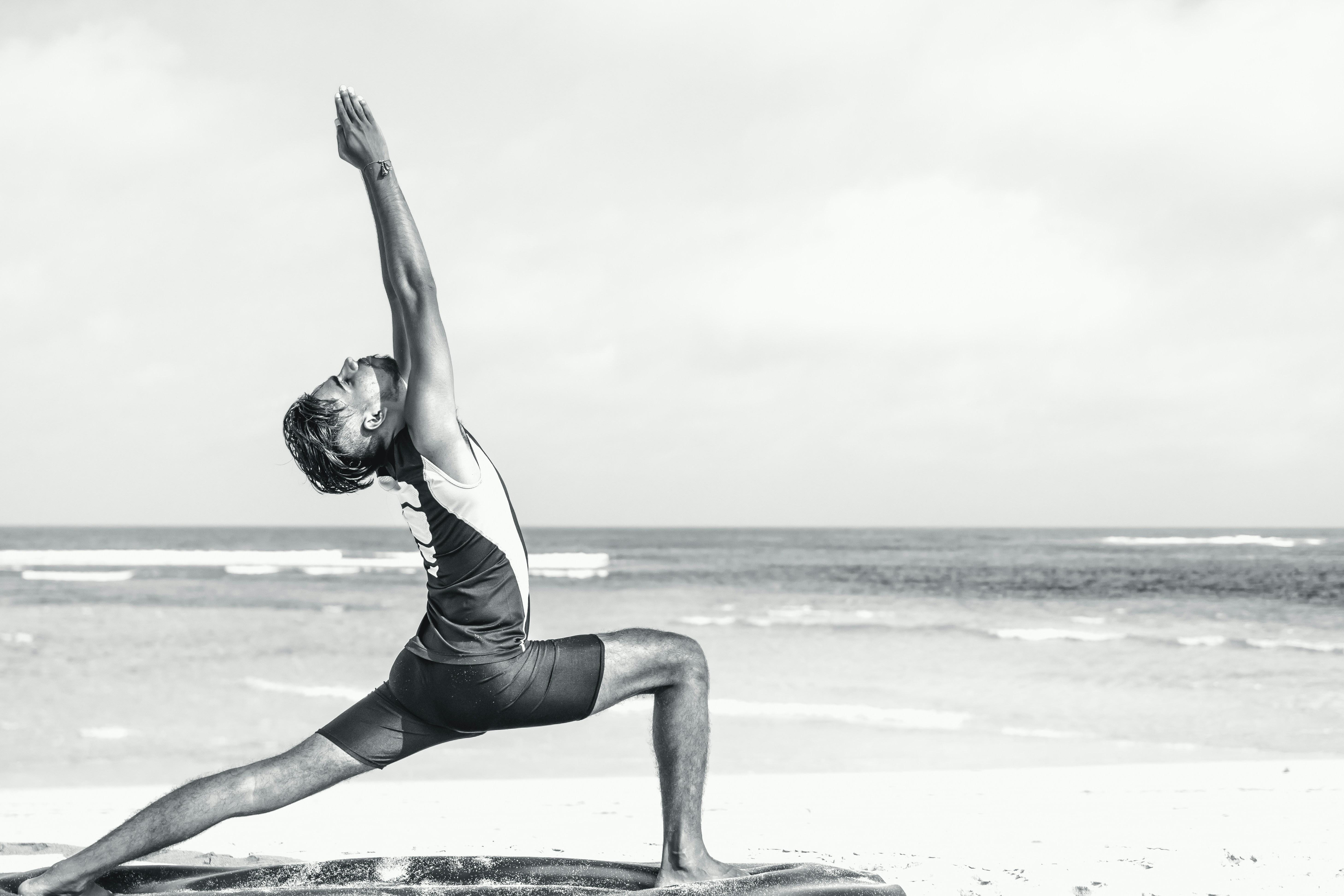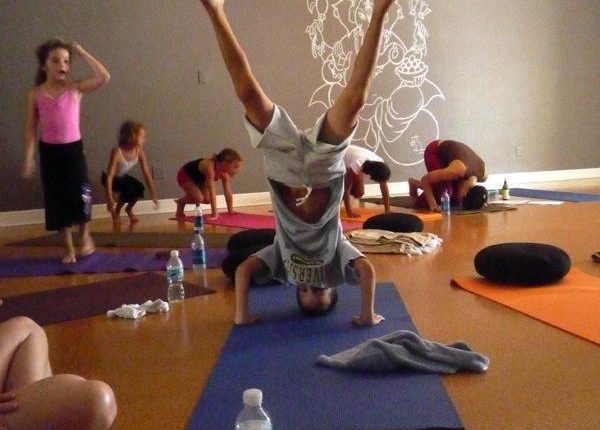In a world where the hustle and bustle often overshadow the serene whispers of inner peace, yoga stands as a timeless beacon of tranquility. This ancient practice, with its gentle stretches and mindful breathing, has long been celebrated for its myriad benefits to both body and mind. But as yoga mats unfurl across the globe, a new question arises: should this age-old discipline be recommended for children with special needs? This inquiry invites us to explore the intersection of tradition and modernity, science and spirituality, as we consider the potential of yoga to nurture young hearts and minds that navigate unique challenges. In this article, we delve into the possibilities and ponder the implications, seeking to illuminate the path forward for parents, educators, and practitioners alike.
Exploring the Benefits of Yoga for Children with Special Needs
Yoga offers a multitude of benefits that can significantly enhance the well-being of children with special needs. This ancient practice not only aids in improving physical strength and flexibility but also fosters a sense of calm and focus that is crucial for young minds. Here are some key advantages:
- Enhanced Motor Skills: Regular practice of yoga can help improve coordination and balance, which are essential for children who may struggle with motor control.
- Increased Concentration: Yoga involves mindfulness and concentration, skills that can be particularly beneficial for children with attention deficits.
- Emotional Balance: The calming techniques taught in yoga can assist in managing stress and anxiety, promoting emotional regulation.
- Social Interaction: Group yoga classes provide an opportunity for social engagement, fostering a sense of community and belonging.
By incorporating yoga into their routine, children with special needs can gain tools that support their overall development, making it a potentially valuable addition to their therapeutic regimen.

Understanding the Unique Needs of Kids in Yoga Practice
When considering yoga for children with special needs, it’s essential to recognize their individual requirements and how yoga can cater to them. Unlike adults, kids often engage with the world through play and imagination, which can be harnessed to make yoga both therapeutic and enjoyable. Here are some aspects to consider:
- Adaptability: Yoga can be tailored to accommodate various physical and cognitive abilities. Using props, modifying poses, or incorporating sensory elements can make sessions more inclusive.
- Focus on Breathing: Teaching kids simple breathing techniques can help them manage anxiety and improve focus, a crucial aspect for those with attention-related challenges.
- Emphasis on Fun: Incorporating games, stories, and music can transform yoga into an engaging experience that resonates with children.
By understanding these unique needs, yoga can be a powerful tool in promoting physical health, emotional well-being, and social interaction for kids with special needs.

Guidelines for Implementing Yoga Programs in Special Education
When integrating yoga programs into special education, it’s crucial to tailor practices to meet the unique needs of each child. Flexibility and adaptability should be at the forefront of planning. Consider the following guidelines:
- Inclusive Approach: Design sessions that can be modified for various abilities, ensuring that all children can participate meaningfully.
- Focus on Individual Goals: Work with educators and therapists to align yoga practices with the child’s personal developmental objectives.
- Safe Environment: Create a calm and supportive space, free from distractions, to help children feel secure and focused.
- Engaging Techniques: Use storytelling, music, and visual aids to make yoga fun and engaging, capturing the interest of young minds.
- Regular Feedback: Encourage communication between instructors, parents, and children to assess the effectiveness and enjoyment of the program.
By incorporating these elements, yoga can become a valuable tool in special education, fostering not only physical health but also emotional and social growth.

Expert Opinions and Case Studies on Yoga for Special Needs Kids
Exploring the benefits of yoga for children with special needs, experts have highlighted several key aspects that make it a valuable practice. Dr. Sarah Thompson, a pediatric occupational therapist, emphasizes the potential of yoga in enhancing motor skills and improving focus. According to her, yoga offers a structured yet flexible environment where children can learn to control their movements, which is crucial for developing coordination and balance. Additionally, Dr. Mark Richards, a child psychologist, points out the emotional and psychological benefits. He suggests that the mindfulness aspect of yoga can aid in reducing anxiety and improving emotional regulation.
Several case studies support these expert opinions, showcasing tangible improvements in children who participate in regular yoga sessions. Key findings include:
- Increased attention span and concentration.
- Enhanced social skills through group activities and interactions.
- Reduction in stress levels and improved overall well-being.
These insights and case studies suggest that while yoga may not be a one-size-fits-all solution, it holds significant potential as a complementary approach for supporting the development of children with special needs.

